Mr. Do Ngoc Hung - Photo: N.AN
On the morning of April 4, the Ministry of Industry and Trade held a trade promotion conference with the Vietnamese trade office system abroad in person and online, chaired by Deputy Minister Nguyen Sinh Nhat Tan.
Providing an update on the reciprocal tax situation, Mr. Do Ngoc Hung - Trade Counselor, Head of the Vietnam Trade Office in the US - said that from now until April 9, export enterprises need to take advantage of the remaining time to quickly complete the export of shipments.
What are the groups of goods not subject to countervailing duties?
According to the provisions stated in the decree, these tax rates do not apply to shipments that have been loaded onto ships at the port of departure and are in the process of being transported to the US before April 5 (applicable to the group of countries subject to 10% tax) and before April 9 (group of countries subject to individual reciprocal tax).
Therefore, Mr. Hung recommends that industry associations and businesses consider the possibility of negotiating with importers to share the burden of reciprocal taxes and support businesses to maintain the market through this difficult period. The government , localities, and banks should consider policies and measures to support businesses in a timely and appropriate manner.
It should be noted that some goods will not be subject to reciprocal duties, including: items subject to duties under 50 USC 1702; steel/aluminum and auto/auto parts already subject to duties under Section 232; copper, pharmaceuticals, semiconductors, and lumber; all items that may be subject to Section 232 duties in the future; gold bullion; energy, and certain minerals not available in the US.
Annex II also lists the groups of industries that are not subject to reciprocal taxes. For example, plastics and plastic products, chemicals, wood and wood products, copper and copper products, tin, electrical machinery and electrical equipment. Therefore, Mr. Hung suggested that businesses and industry associations should also study the details of the annex and related content to understand specifically.
In particular, for goods that Vietnam can prove to have US origin materials or other elements (US content) of over 20%, only a 46% reciprocal tax will be levied on the non-US value of the goods. Therefore, it is encouraged to buy input materials originating from the US.
Why does the US impose reciprocal taxes?
According to Mr. Hung, the imposition of high reciprocal tariffs on all exported goods is considered unreasonable and unfair. However, this decision reflects the current administration's consistent view that the long-term trade deficit is no longer just an economic issue but has become a national emergency that threatens the security and lives of the American people.
Therefore, the US applies a formula of reciprocal tariffs based on the bilateral trade deficit/total import value from that country. The essence of this formula is to achieve trade balance, bring production back home and build a safer, stronger and more prosperous America. This formula is also considered fair, non-discriminatory, transparent and effective.
The head of the trade agency cited the April 2 statement of US Secretary of Commerce Howard Lutnick that the imposition of reciprocal tariffs would prompt countries to reconsider their policies of expanding/granting greater market access to US products. The US is addressing non-tariff trade barriers, opening up the prospect of negotiations with countries at the appropriate time.
Proactively review and respond
According to the assessment of the Vietnam Trade Office in the US, the imposition of reciprocal tariffs may make it difficult to maintain long-term contracts and stable supply chains. US importers may shift to finding suppliers from countries that are not subject to or have lower reciprocal tariffs. This leads to a serious decline in export volume and turnover in this key market (accounting for 30%).
Our export businesses will also have to face complicated administrative procedures and increased shipping costs due to increased tax rates.
Small and medium enterprises will face great difficulties in maintaining production and exports, negatively affecting employment and income of workers. Enterprises may have to look for other alternative markets, but will face great challenges in terms of effort and time to build and develop new markets.
Therefore, right at the meeting, Mr. Nguyen Sinh Nhat Tan, Deputy Minister of Industry and Trade, requested that trade deals need to immediately calculate and review the impact, assess the trade shift flow, seek new markets, urgently assess the impact related to the reciprocal tax policy, and report before April 7.
Read moreBack to Topic page
Back to topic
NGOC AN
Source: https://tuoitre.vn/luu-y-quan-trong-cho-doanh-nghiep-xuat-khau-de-tranh-bi-danh-thue-doi-ung-cua-ong-trump-20250404122725052.htm




![[Photo] Editor-in-Chief of Nhan Dan Newspaper Le Quoc Minh received the working delegation of Pasaxon Newspaper](https://vphoto.vietnam.vn/thumb/1200x675/vietnam/resource/IMAGE/2025/9/23/da79369d8d2849318c3fe8e792f4ce16)



![[Photo] Prime Minister Pham Minh Chinh chairs the 14th meeting of the Steering Committee on IUU](https://vphoto.vietnam.vn/thumb/1200x675/vietnam/resource/IMAGE/2025/9/23/a5244e94b6dd49b3b52bbb92201c6986)














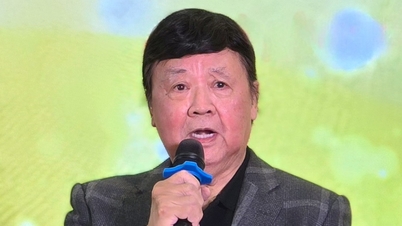

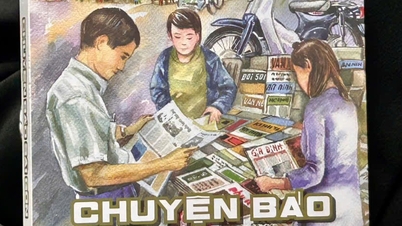































![[Photo] Solemn opening of the 1st Congress of Party Delegates of Central Party Agencies](https://vphoto.vietnam.vn/thumb/402x226/vietnam/resource/IMAGE/2025/9/24/82a89e250d4d43cbb6fcb312f21c5dd4)


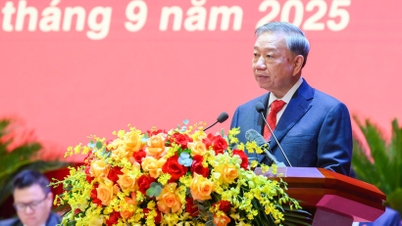


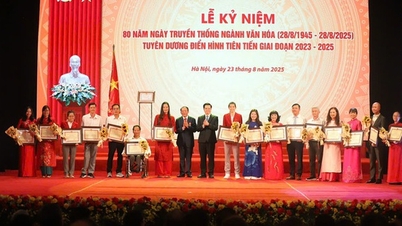




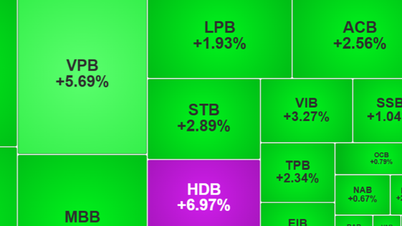



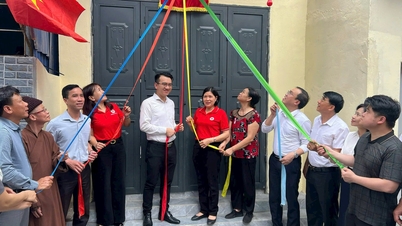





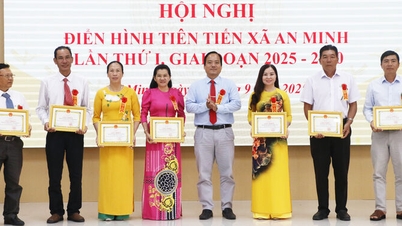
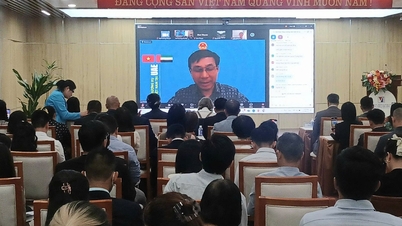













Comment (0)